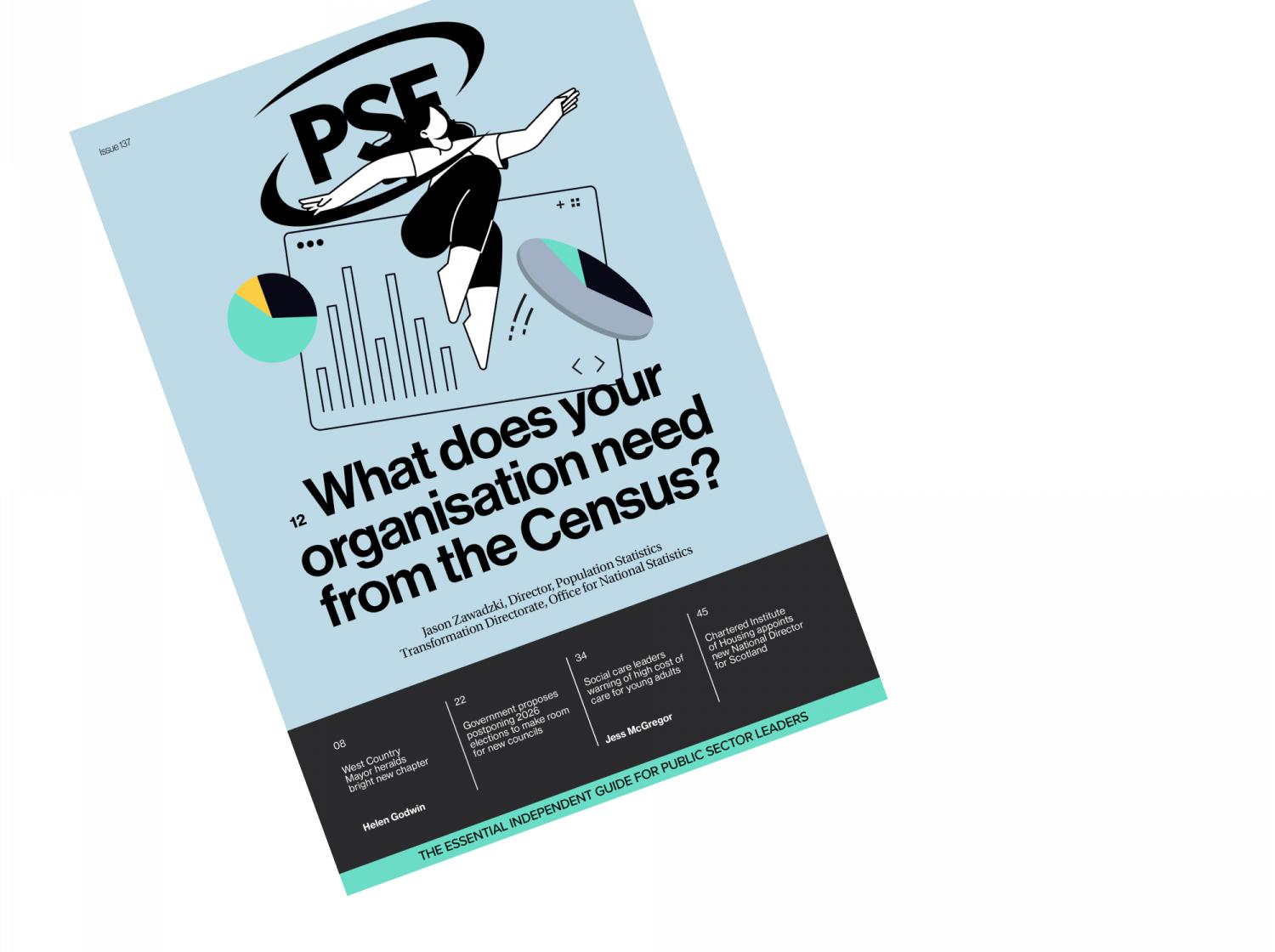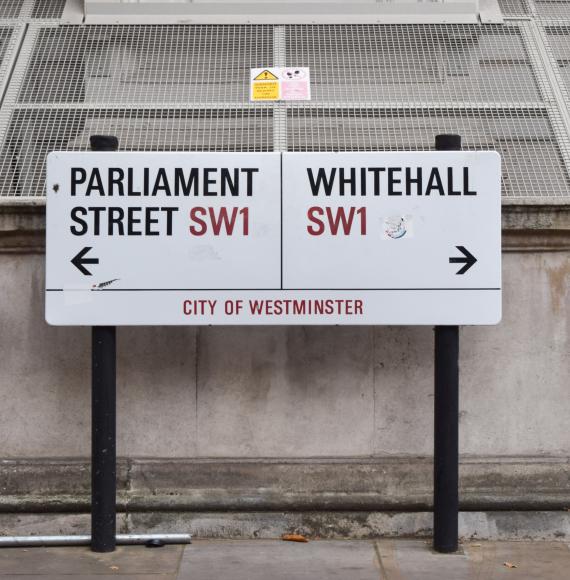The Department for Science, Innovation and Technology has unveiled a new white paper that will outline how the government intends to continue its innovation across the board, by utilising artificial intelligence to ‘turbocharge’ growth.
With artificial intelligence growing in popularity across sectors and industries, the government is using the white paper to not only capitalise on its uses and abilities to ensure that the UK remains at the cutting edge of innovation, but also to guide its use in the nation. This will be based on five principles that regulators should consider to make safe the use of AI in their respective industries. These are:
- Safety, security and robustness – Risks are to be carefully managed so that AI can be used in a secure way.
- Transparency and explainability – There should be communication and transparency between organisations that are developing and utilising AI, with this explaining when and how it is being used to help manage any risks posed by the technology.
- Fairness – The United Kingdom’s existing laws should still apply to the ways that AI is used and it must not discriminate or create unfair commercial outcomes.
- Accountability and governance – Appropriate oversight and accountability of the use of AI should be implemented, as well as the outcomes that result from AI utilisation.
- Contestability and redress – Clear routes should be available to those who want to dispute harmful outcomes or decisions that have been generate using AI.
The supporting of these industry regulators, rather than the establishment of a new one that would focus solely on AI use, is reflective of the government’s approach. This approach will see the government actively trying to avoid legislation that could be heavy-handed and, as such, stymie any progress in innovation.
The rise in the popularity of AI has been beneficial to the UK economy, with it delivering new jobs for over 50,000 people as well as contributing £3.7 billion. This has also led to Britain becoming one of the leaders in the use of artificial intelligence thanks to twice as many companies in Britain providing AI services than any other European nation. This is coupled by the rapid growth of the AI industry that is seeing hundreds of new companies established every year.
Michelle Donelan, Secretary of State for Science, Innovation and Technology, said:
“AI has the potential to make Britain a smarter, healthier and happier place to live and work. Artificial intelligence is no longer the stuff of science fiction, and the pace of AI development is staggering, so we need to have rules to make sure it is developed safely.
“Our new approach is based on strong principles so that people can trust businesses to unleash this technology of tomorrow. ”
Alongside AI’s ability to drive growth in the economy, the Education Secretary has identified ways that it can transform the way that people learn. Gillian Keegan, Secretary of State for Education, spoke about how it can revolutionise the way that teachers structure their day at the Bett show in London, saying:
“AI will have the power to transform a teacher’s day to day work. We’ve seen people using it to write lesson plans, and some interesting experiments around marking too.
“Can it do those things now, to the standard we need? No. Should the time it saves ever come at the cost off the quality produced by a skilled teacher Absolutely not.
“But could we get to a point where the tasks that really drain teachers’ time are significantly reduced? I think we will.
“Getting to that point is a journey we in this room are going to have to go on together – and just as we’ve responded to other innovations like the calculator, we’ll use it to deliver better outcomes for students.”
Whilst we are yet to learn of the full potential of AI in regard to improving education outcomes, there are further digital developments that are being introduced to the sector. The Department for Education’s new digital and technology standards are aiming to support schools as they look to save money and secure the environments that children learn in. These standards have been updated to cover cloud technology, servers and storage, as well as filtering and monitoring.
Innovation has been a buzzword in the public sector recently, with developments being driven in every area that the sector covers, be it social care, sustainability, skills, or transport.



















